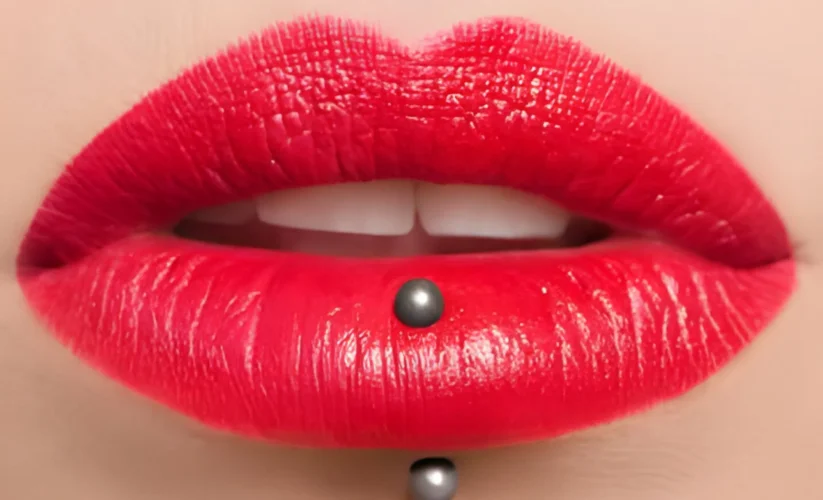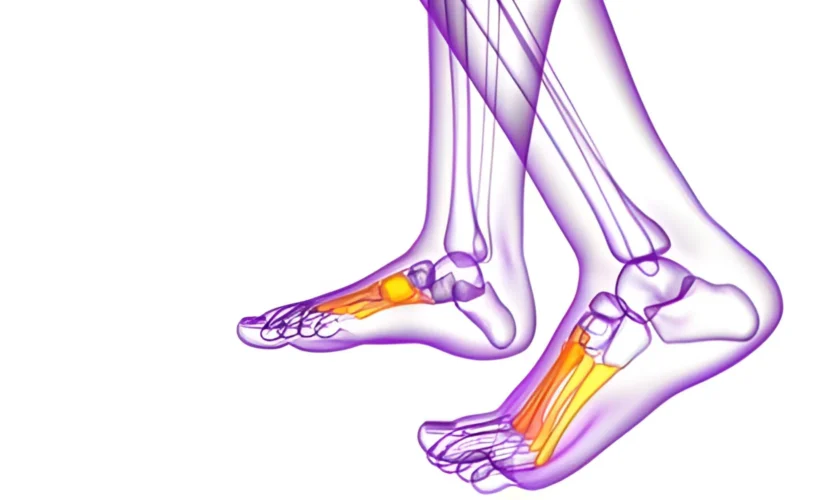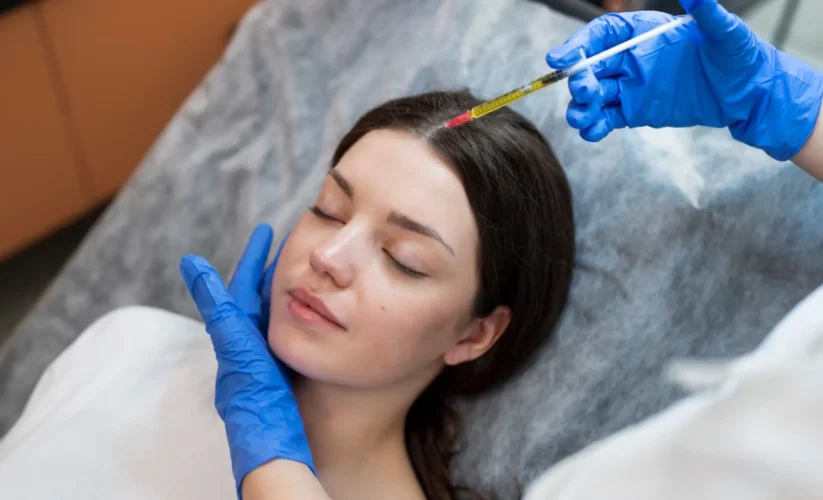
All About Lip Piercings: A Comprehensive Guide
Are you considering getting a lip piercing? Or maybe you already have one and want to learn more about the dos and don’ts? Look no further! In this article, we will delve into everything you need to know about lip piercings, from the different types to aftercare tips and potential risks. Let’s get started!
What are Lip Piercings?
Lip piercings are a popular form of body modification where a hole is created in the lip to insert jewelry. There are various types of lip piercings, including:
- Labret piercing: Placed below the lower lip
- Monroe piercing: Placed on the upper lip to mimic Marilyn Monroe’s beauty mark
- Medusa piercing: Placed in the center above the upper lip
- Snake bites: A pair of piercings on either side of the lower lip
- Dolphin bites: Two piercings close together on either side of the lower lip
Each type of lip piercing offers a unique look and style, allowing individuals to express themselves creatively.
Are Lip Piercings Painful?
One of the most common questions about lip piercings is, “Do they hurt?” The pain experienced during a lip piercing procedure can vary depending on your pain tolerance. However, most people describe it as a quick pinch or pressure. A professional piercer will ensure that the process is as smooth and comfortable as possible.

Lip Piercing Aftercare
After getting a lip piercing, it is crucial to follow proper aftercare to prevent infection and promote healing. Here are some essential aftercare tips:
Clean the piercing: Use a saline solution or gentle soap to clean around the piercing twice a day. To ensure proper healing and prevent infections, it’s essential to keep your piercing clean. Use a saline solution or gentle soap to clean around the piercing twice a day.
This routine will help remove any buildup of crust or debris and keep the area free from bacteria. Remember to wash your hands thoroughly before touching the piercing to avoid introducing any germs. By maintaining good hygiene practices, you can promote healing and reduce the risk of complications.
If you experience any unusual redness, swelling, or discharge, consult a professional piercer or healthcare provider for further guidance.
Avoid touching the piercing: Refrain from touching the piercing with dirty hands to prevent bacteria buildup. Keeping your hands clean and away from the pierced area is crucial for preventing infections and promoting faster healing.
Touching the piercing with unwashed hands can introduce harmful bacteria, leading to irritation, redness, and potential complications. Make sure to wash your hands thoroughly with soap and water before handling the piercing or applying any aftercare products.
If you need to adjust or clean the piercing, make sure to do so with clean hands or use a sterile cotton swab. Remember, proper hygiene practices are essential for maintaining the health and well-being of your new piercing.
Avoid oral contact: Avoid kissing or oral activities to prevent irritation and infection.
Watch out for signs of infection: If you notice redness, swelling, or discharge, consult a professional immediately. These could be indicators that your body is reacting negatively to the piercing and may indicate an infection. It’s important to address any potential issues early to prevent complications and ensure proper healing.
Remember to keep the area clean and follow any aftercare instructions provided by your piercer. Your health and safety should always be the top priority when it comes to body modifications.
By following these aftercare tips, you can ensure that your lip piercing heals properly and stays healthy.
Potential Risks of Lip Piercings
While lip piercings are a popular form of self-expression, it is essential to be aware of the potential risks involved. Some risks of lip piercings include:
- Infection: The piercing may get infected if the recommended aftercare is not followed.
- Allergic reactions: Some individuals may experience allergic reactions to certain types of jewelry.
- Gum and tooth damage: Lip piercings can rub against the gums and teeth, causing damage over time.
To minimize these risks, it is crucial to choose a reputable piercer, follow proper aftercare, and be mindful of any signs of complications.
Conclusion
In conclusion, lip piercings are a stylish form of self-expression that allows individuals to showcase their unique personalities. By understanding the different types of lip piercings, following proper aftercare, and being aware of potential risks, you can enjoy your piercing safely and confidently. Remember, always consult a professional piercer for any questions or concerns regarding your lip piercing journey! Discover everything you need to know about lip piercings, from types to aftercare tips and potential risks. .
Make wise selections by consulting a professional.
FAQ’s
Q. How painful is a lip piercing
A lip piercing can be a bit painful during the procedure, as it involves puncturing the skin and inserting a piece of jewelry. The pain level can vary depending on individual pain tolerance and the location of the piercing on the lip. Typically, the discomfort is temporary and can be managed with proper aftercare and pain relief measures.
It is important to follow the advice of a professional piercer and take care of the piercing to prevent infections and reduce pain. Overall, while getting a lip piercing may cause some discomfort, many people find that the end result is worth the temporary pain for the aesthetic and personal expression it provides.
Is lip piercing good or bad
Deciding whether a lip piercing is good or bad ultimately comes down to personal preference and individual circumstances. Some may view lip piercings as a form of self-expression and a way to showcase their individuality. On the other hand, others may see them as unprofessional or unattractive.
It’s important to consider factors such as pain, healing time, potential risks of infection, and how a lip piercing may impact your daily life and interactions.
Researching proper aftercare instructions and finding a reputable piercer can help ensure a positive experience if you decide to get a lip piercing. In the end, you have to decide for yourself based on what feels right.
Q. Do lip piercings damage teeth?
Lip piercings can potentially damage teeth if not taken care of properly. The constant presence of the lip ring or stud in the mouth can lead to increased pressure on the teeth, causing them to shift or become misaligned over time.
Additionally, the metal jewelry can come into contact with the teeth and cause chipping, fracturing, or enamel wear. It is important to be mindful of the risks associated with lip piercings and to take precautions to protect your dental health.
Regular dental check-ups and maintaining good oral hygiene practices can help prevent any potential damage to your teeth from lip piercings.





